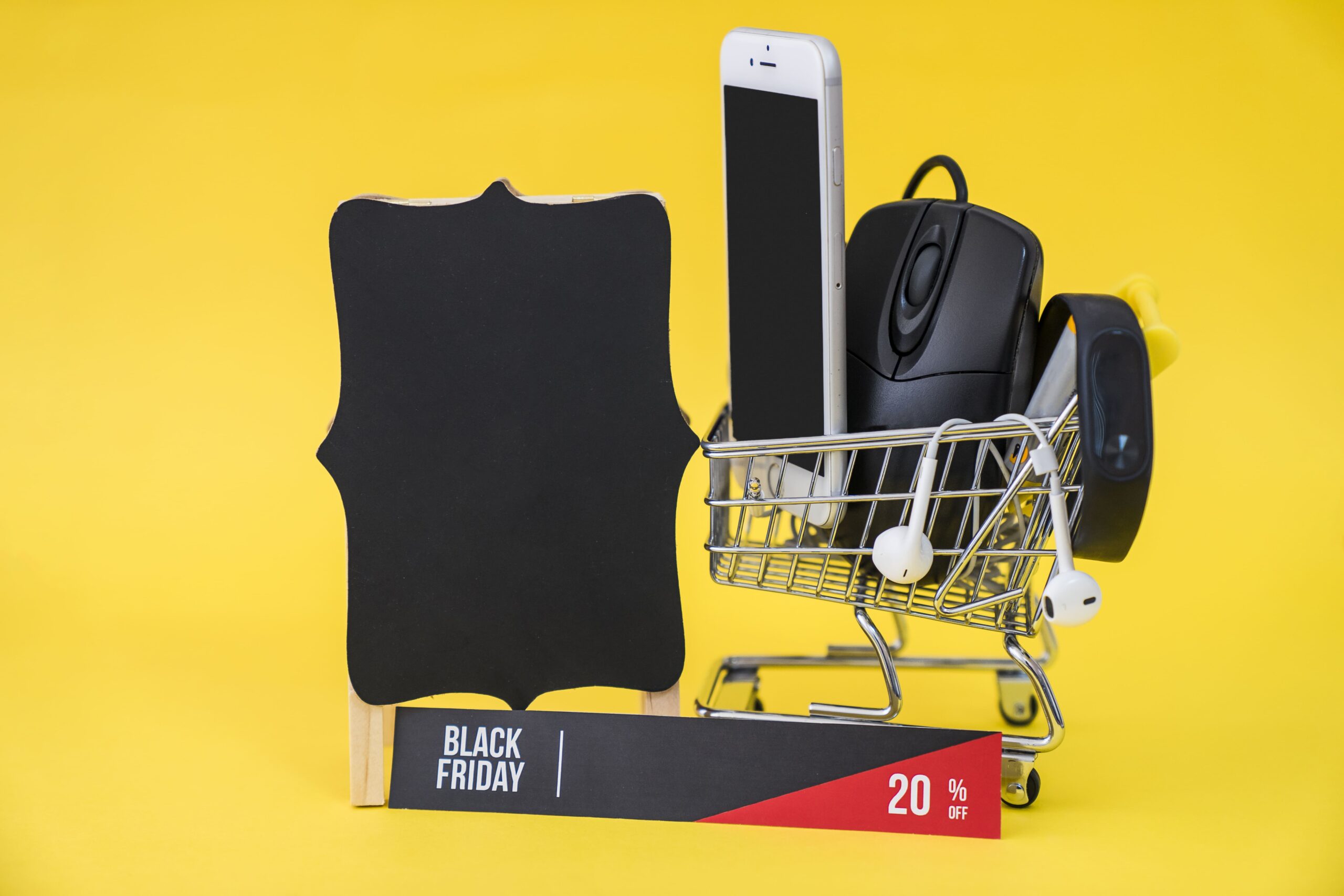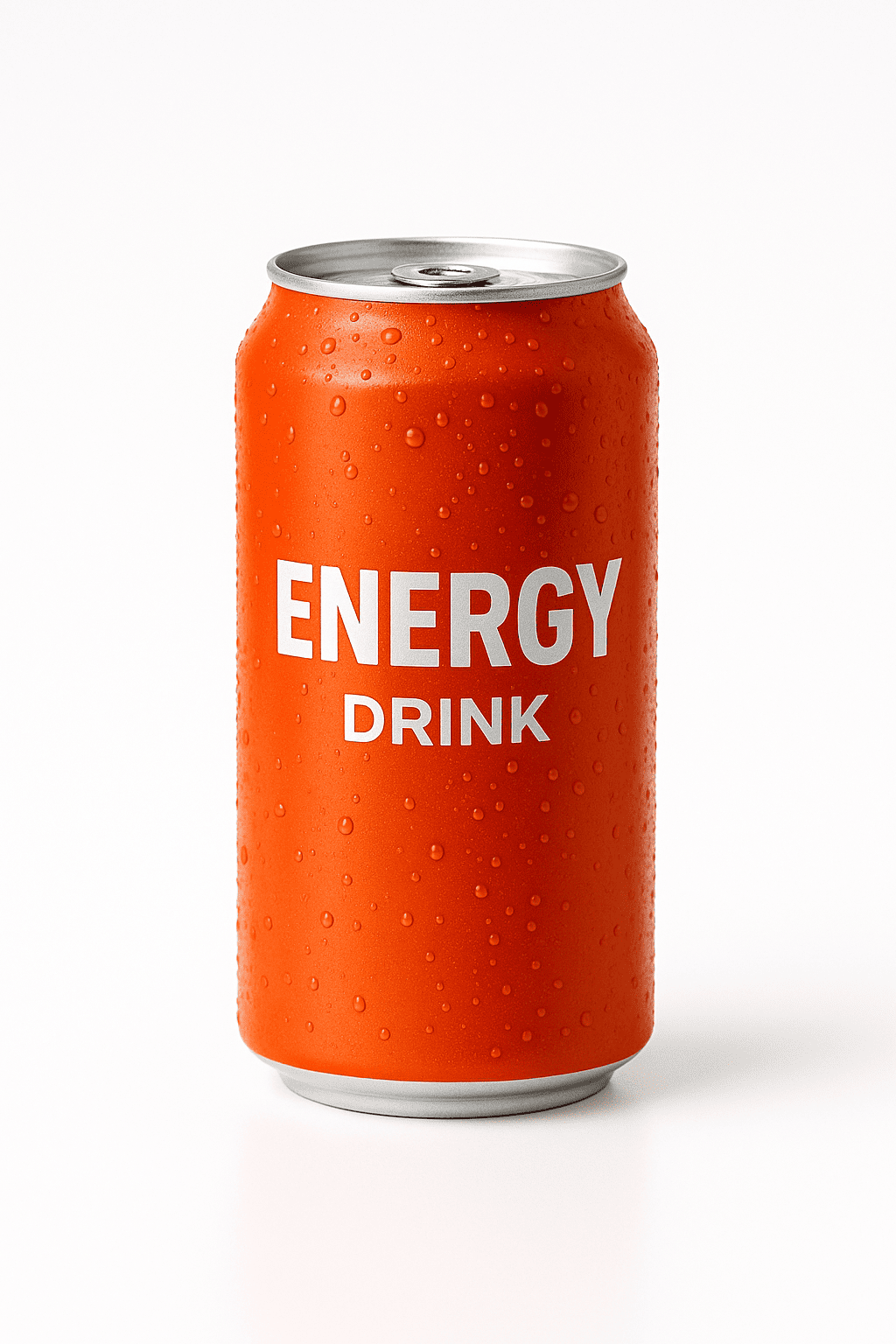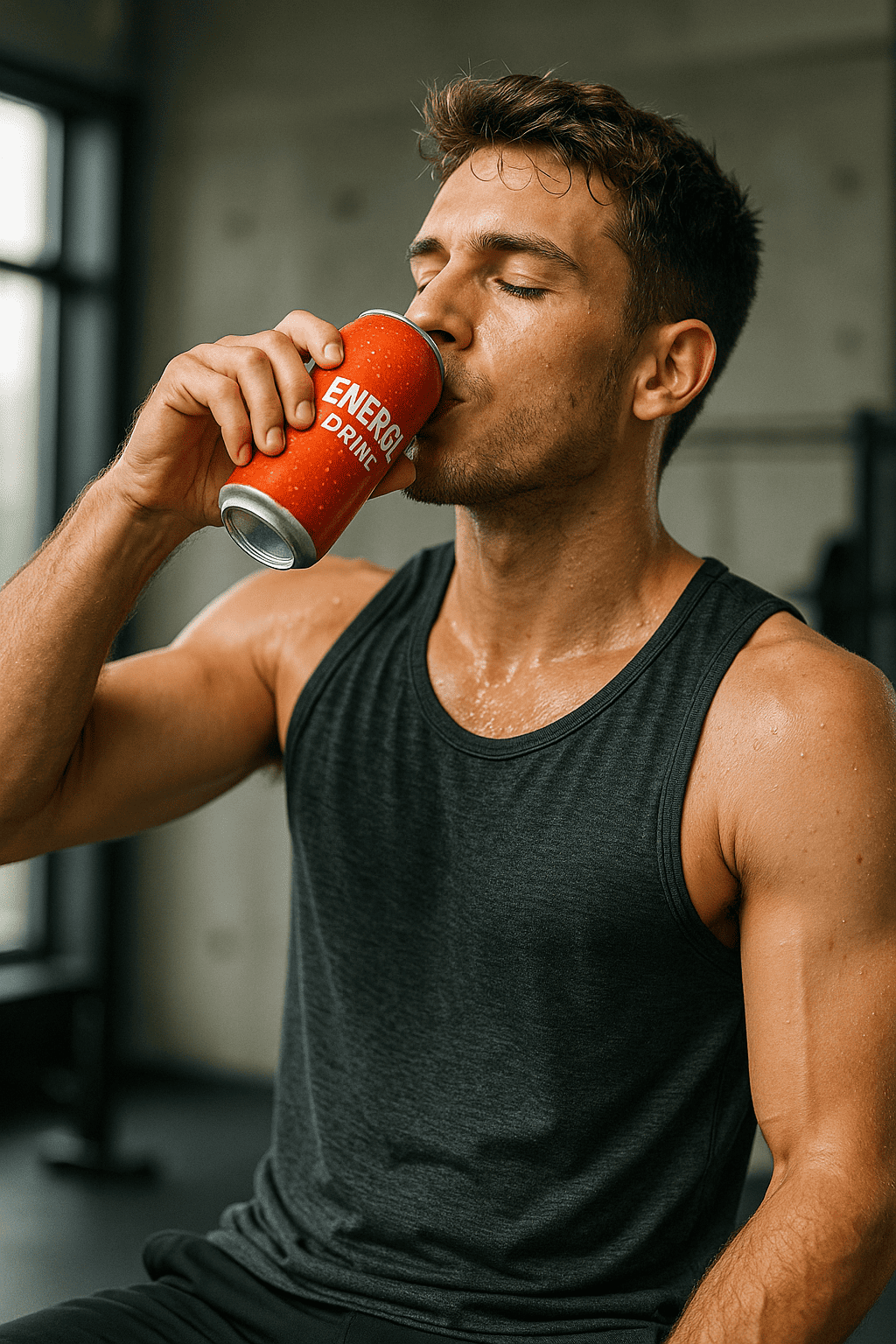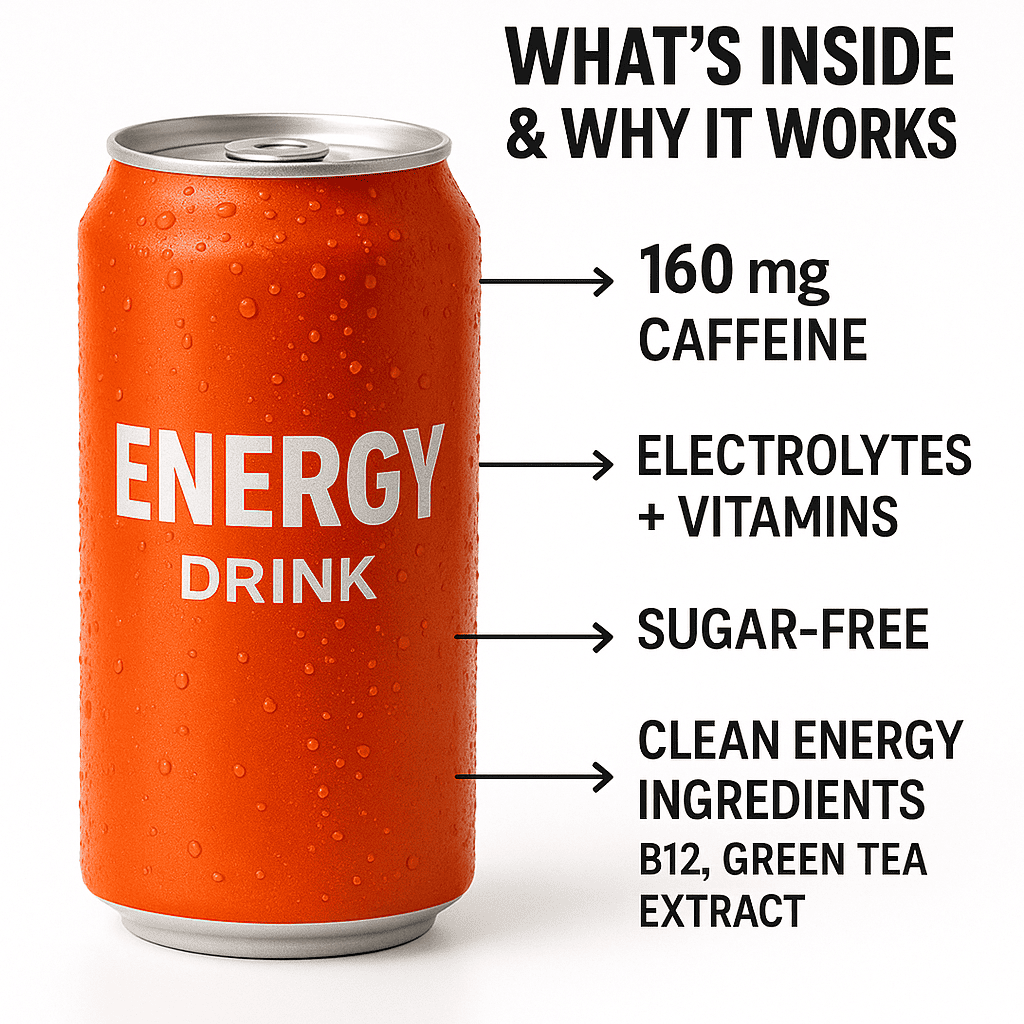Hey there. So you’re trying to sell on Amazon and wondering…
“Do images really make that much of a difference?”
Let me tell you straight:
Yes. They do.
And not just a little your images can make or break your sales.
In this guide, I’ll walk you through the real psychology behind Amazon product images, how they trigger buying decisions, and how to use this to your advantage.
Let’s dive in:
Why Product Images Are More Than Just “Photos”
Imagine walking into a store. You can pick things up, feel the texture, check the size. But on Amazon?
You’ve got one thing: your product images.
So they don’t just show the product…
They sell it.
They explain it.
They build trust.
They even answer objections.
That’s the psychology at play. And great sellers use it every time.
The Secret Psychology While Designing Amazon Product Images
The Psychology of Buying: How To Influence Buyer Decisions (and Get Them To Buy Your Products)
1. We Buy Emotionally, Not Logically
People don’t buy products.
They buy how those products make them feel.
So when your image shows a woman smiling with glowing skin after using your serum?
That’s emotional proof. That’s “I want that too” in a photo.
Tip: Use lifestyle images that show results, joy, or relief. Trigger emotions.
2. Our Brains Process Images 60,000x Faster Than Text
Shoppers scroll fast. They don’t read first they scan.
A high-quality, zoomable main image stops the scroll. It says, “Hey, look at me!”
👉 Tip: Your main image should be crisp, bright, and clean no clutter, no distractions.
3. Trust Is Visual
We trust what looks professional.
If your images are low-quality, dark, or inconsistent , you lose credibility.
Customers think:
“If the photo looks cheap… the product probably is too.”
Tip: Invest in pro-level visuals. White background. Good lighting. Clean edits.
4. Uncertainty Kills Conversions
If a shopper isn’t sure what they’re getting, they bounce.
They’ll click on your competitor with clearer images and better explanations.
Tip: Use infographic images to answer common questions:
- Size
- Features
- What’s included
- How it works
5. People Imagine Themselves Using It
This is huge. It’s called visual projection.
If your image shows a dad playing with your toy set on the living room floor, a shopper automatically imagines their own home.
👉 Tip: Use lifestyle photos that match your customer’s life.
The 7 Must-Have Amazon Image Types (With Psychology Built-In)
Let’s break down your photo plan. Here’s what I recommend:
| Image # | Type | Why It Works |
|---|---|---|
| 1 | Main Image | Grabs attention, builds first impression |
| 2 | Lifestyle | Creates emotional connection |
| 3 | Infographic | Handles objections, explains benefits |
| 4 | Size Comparison | Removes confusion about scale |
| 5 | What’s in the Box | Builds trust, sets clear expectations |
| 6 | Before & After / Use Case | Shows transformation, results |
| 7 | Unique Feature or USP | Differentiates you from competitors |
Amazon Product Image Template for Energy Drink Brand
Goal: Increase clicks, drive emotional engagement, highlight benefits, and boost conversions
1. Main Image – “The Hero Shot”
Purpose: Grab attention in search results
What to Include:
-
Single can or bottle (front-facing)
-
On pure white background (#FFFFFF)
-
Bright lighting, no props
-
High resolution (min. 1600px, 300dpi)
📌 Pro Tip: Add water droplets or condensation for a fresh, cold effect
2. Lifestyle Image – “Feel the Boost”
Purpose: Create emotional connection
What to Show:
-
A young adult in a high-energy situation (gym, hiking, dancing, working late)
-
Holding or drinking the energy drink
-
Natural lighting, real environment
📌 Emotion: Power, focus, motivation, confidence
📌 Tagline on image: “Fuel Your Hustle” or “Push Past Limits”
3. Infographic – “What’s Inside & Why It Works”
Purpose: Communicate value fast
What to Include:
-
Short text with arrows or icons pointing to:
-
Caffeine amount
-
Electrolytes / vitamins
-
Sugar-free (if true)
-
Clean energy ingredients (like B12, green tea extract)
-
📌 Keep text brief – 3 to 5 main benefits
4. Size & Quantity – “Know What You’re Getting”
Purpose: Avoid size confusion
What to Show:
-
Can held in hand (for scale)
-
12-pack box open to show cans
-
Dimensions written clearly (e.g., 12oz / 355ml)
📌 Tagline: “Perfect Grab-and-Go Size”
5. What’s in the Box – “Unbox the Energy”
Purpose: Set clear expectations
What to Include:
-
Box opened with all 12 cans visible
-
Label each component if applicable (e.g., “Slim cans – 12oz each”)
📌 Add Amazon-friendly phrase: “Everything you see is what you get!”
6. Comparison Image – “Why We’re Better”
Purpose: Differentiate from competitors
What to Show:
-
Side-by-side comparison: Your drink vs typical sugary drinks
-
Highlight: Clean energy, no crash, sugar-free, etc.
📌 Use green ticks vs red crosses if allowed
7. Use Case Image – “Where & When to Drink”
Purpose: Inspire more usage moments
What to Include:
-
3 settings:
-
Pre-workout or gym bag
-
Office desk with laptop
-
Outdoor trail or travel bag
-
-
Can placed casually, not forced
📌 Overlay text: “Energy for Every Moment”
8. Social Proof Image – “Loved by Thousands” (Optional but powerful)
Purpose: Build trust
What to Include:
-
Real review screenshot + photo of happy customer
-
5-star icons (Amazon-compliant format)
-
Text like “Over 1,000 5-Star Ratings” (if true)
9. Bonus Image – “Behind the Brand” (Optional)
Purpose: Show your story or values
What to Include:
-
Brand founder/team
-
Sustainable packaging / manufacturing process
-
Tagline: “Built by Hustlers, for Hustlers”
Quick Case Study: Same Product, Better Photos = More Sales
We tested this with a basic supplement.
Same product. Same listing.
Only change: we upgraded the images to include lifestyle shots and clear infographics.
The result?
+38% more conversions in the first 14 days.
That’s the power of photo psychology.
Optimize your Amazon Listings with our professional Amazon Listing Optimisation services
Why Are Amazon Product Images So Important?
When you sell on Amazon, customers can’t touch, hold, or try your product like they can in a real store. Your images become the first impression and the main selling tool. That’s why they matter so much.
-
People decide in seconds, if your images look bad, they won’t click
-
Better images = more sales
-
It builds trust, especially when your brand is new
-
Amazon ranks listings with better images higher
Here’s why product images are critical to your success:
1. People Buy with Their Eyes First
Before reading any text, customers look at images. If your image is low-quality, confusing, or boring — they won’t click or they’ll leave quickly.
A great image can make people stop, look, and buy. A bad one makes them scroll past.
2. Images Build Trust Instantly
Shoppers don’t know you or your brand (especially if you’re new). Clean, professional images make your product feel reliable and worth the price.
Think of brands like Apple or Samsung on Amazon — their images are sharp, clear, and trustworthy. That’s part of why they sell so well.
3. They Reduce Confusion and Refunds
Images can:
-
Show the size of the product
-
What’s included in the box
-
How it works
This helps customers understand what they’re buying, which leads to fewer complaints and returns.
4. Good Images Improve Sales and Ranking
Better images = more clicks and purchases
More purchases = better Amazon ranking
Higher ranking = more visibility and sales
It’s a loop, and it starts with good visuals.
5. They Make You Stand Out From Competitors
There are often hundreds of similar products on Amazon. Strong images are how you catch the shopper’s eye in a crowded space.
If everyone else looks average, your good photos can win the sale.
Great Amazon product images = more trust, more clicks, more sales, and fewer refunds.
Result-Driven Amazon Product Image Strategy
1. Main Image (White Background)
-
Use Amazon-required white background (#FFFFFF)
-
Show the entire product clearly, front-facing
-
Avoid shadows, props, text, or branding
-
Use high resolution (at least 1600px on the longest side to enable zoom)
✅ Goal: Make your product stand out cleanly in search results
2. Lifestyle Image
-
Show the product being used in a real-life setting
-
Feature models that represent your ideal customer
-
Use relevant scenes (kitchen, gym, bedroom, office, outdoors, etc.)
-
Make it feel natural, like a scene from Instagram
✅ Goal: Help customers imagine how it fits into their life
3. Infographic Image
-
Add short text + icons over the photo to highlight:
-
Key features (size, power, materials, etc.)
-
Unique benefits (fast-charging, no noise, kid-safe, etc.)
-
-
Use 3–5 bullet points max to avoid clutter
✅ Goal: Educate quickly, even without reading the full listing
4. What’s in the Box / Package Contents
-
Lay out all items the customer will receive
-
Label everything with subtle, clean tags
-
Use top-down photography or neatly arranged flat lays
✅ Goal: Avoid surprises, reduce negative reviews
5. Size & Scale Image
-
Use:
-
A hand or person holding the product
-
A comparison with a common object (e.g., iPhone, credit card)
-
A dimension overlay with height/width clearly marked
✅ Goal: Avoid confusion around size
-
6. Before & After or Comparison Image
-
If relevant (beauty, cleaning, health products), show results
-
Use split-screen (left: before / right: after)
-
Or compare your product vs. competitors
✅ Goal: Show visible value, improve conversion rate
7. Social Proof or Badges (Optional)
-
Feature things like:
-
“#1 Best Seller” (only if you’re eligible)
-
“Over 5,000 5-Star Reviews”
-
“Top Rated Brand” badge design
✅ Goal: Build authority and trust — but only use what’s actually true
-
8. How to Use or Setup Image
-
Especially helpful for tech, fitness, kitchen, or home improvement products
-
Show step-by-step visuals or one photo with arrows/icons
✅ Goal: Help reduce hesitation and make the buyer feel confident
9. Unique Selling Proposition (USP) Image
-
Dedicate one image just to your most important benefit
-
E.g., “Only product with child-safe lock”
-
“100% Leak-Proof Lid”
✅ Goal: Separate your product from lookalikes
-
What to Avoid:
-
Blurry or pixelated images
-
Overuse of text (keep it minimal and readable)
-
Misleading size or color
-
Too much empty space or distracting props
Suggested Image Set (If You’re New)
-
Main Image – white background
-
Lifestyle image – person using it
-
Infographic – 3–5 features
-
Size/dimension image
-
What’s in the box
-
Comparison/USP
-
Instruction or usage image
Final Thoughts: Use Amazon Product Images to Tell a Story
Here’s the truth:
You don’t need fancy words or gimmicks.
If your images can tell a story, explain your product, and make someone feel something…
You’ve already won half the sale.
So next time you upload your listing, ask yourself:
“Would I buy this based on the images alone?”
If the answer isn’t yes, it’s time for an upgrade.




